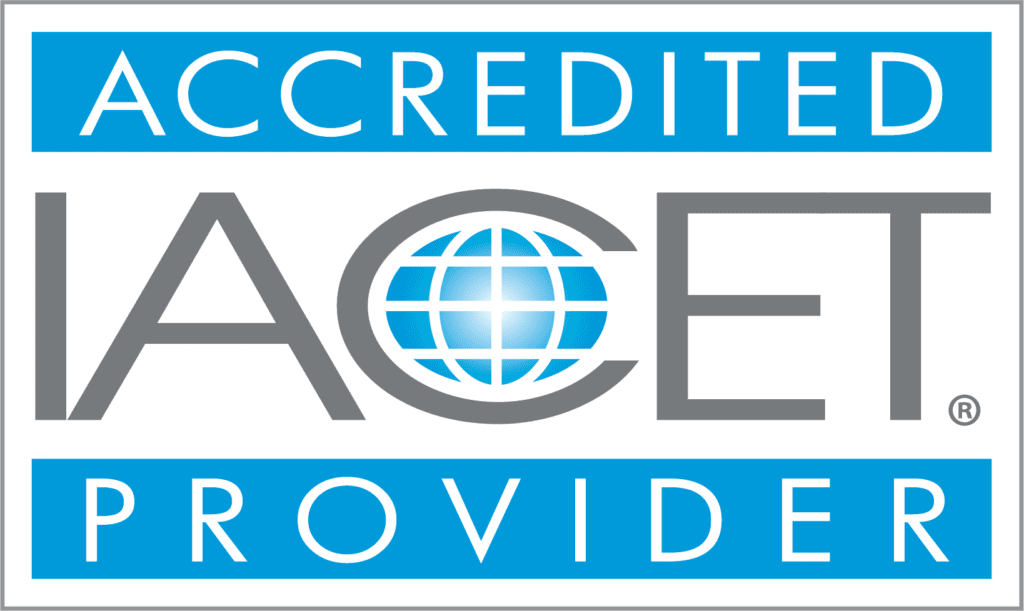Diapering and potty training takes up a lot of your day. At times, you might change 11 diapers in a row! It can start to feel like you’re on a factory line, right? We’ve been there.
But guess what? This often smelly, yucky act of love can be a secret weapon to help you with classroom craziness and behavior issues. It’s all in relationship and ensuring your toddlers feel respected, loved, and like they have an “anchor teacher” who they view as their safe person in the room. One-on-one time during diapering and pottying is a fantastic way to make this magic happen.
Diapering: Keeping It Clean
Before you can build the relationship part, you have to know — and practice — the health and safety part!
Safe diapering means keeping yourself safe from human waste, keeping the child safe by cleaning them properly, and keeping them physically and emotionally safe by being attentive while they’re on the table. It also means maintaining a safe environment while you’re attending to the child on the table.
Whatever the preferred procedures are for your center, you must have them posted at your changing station. We suggest simplifying them and making them as easy to follow as possible. Think of them as an actual cheat sheet. The print should be bold, large, bulleted, and easy to read.
If you’re thinking, “I deal with poop all the time; it’s not a big deal,” then remember this: According to the CDC, there are over one trillion germs in a gram of poop, which is the size of a paper clip, so an abundance of caution is always encouraged!
Potty Training: The Basics
You’d think that most parents plan to potty train their children, but actually, many parents choose to send their toddlers to preschool so teachers will potty train them! (Seriously?! Yeah, it’s true.)
Potty training is a new adventure that some toddlers aren’t ready to welcome, and that’s okay. But for those who are ready, potty training should be practiced in such a way that it fosters positive self-esteem and independence.
If you think one of your toddlers is ready for potty training, here are a few tips:
- Speak with the family. When you do, you can ensure that what the family is doing at home is being enforced at school. Continuity on both fronts will set you all up for success, and create less friction and frustration.
- Follow the child’s cues. If at any time the child shows negative feelings or distress, it’s best to step away and restart a few weeks later. Remember, the more you push, the longer the process could carry on.
- Have a reward system. Edibles aren’t always the best option in a childcare center, but sticker charts can work wonders. Good old-fashioned praise and high fives work well, too.
- Support the family. Potty training is a joint effort, so it’s best to work collaboratively with the family. Some ways you can positively support families during the toilet training process are to keep a daily log of how many times the child went to the bathroom, and offer educational materials about developmentally appropriate potty training.
As you work on toilet training, here’s something to keep in mind about regressions: They happen, and can happen often. It’s important that you meet the child with love when there is an accident and treat it as if it’s not a big deal. In most cases, regressions will correct themselves without specific interventions.
Use Your Expertise to Empower Others!
Whether you’re still fully in the diapering phase or have moved on to potty training for the most part, know that your students’ success partially falls on how well you can communicate with families and act as a resource for them in times of need. Teaching is hard. So is raising a child! That’s why it’s super important for you to be supportive and on the same page as the family, as it inspires confidence and trust. Besides, you’re an expert and that expertise can be put to work to empower others!
At Impact Early Education, we know your work is never done. That’s why we provide valuable professional development courses for preschool teachers, directors, and owners in a way that works for you. To learn more, explore our courses or contact us today!

